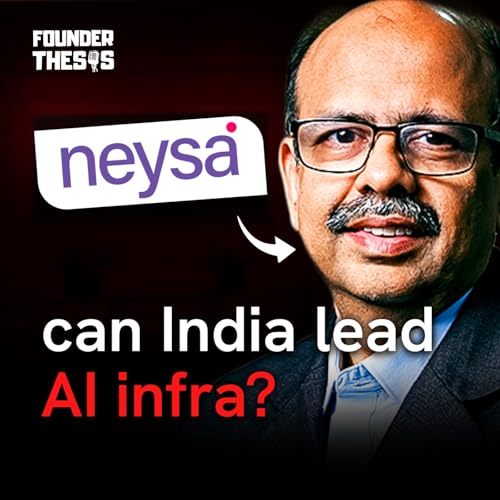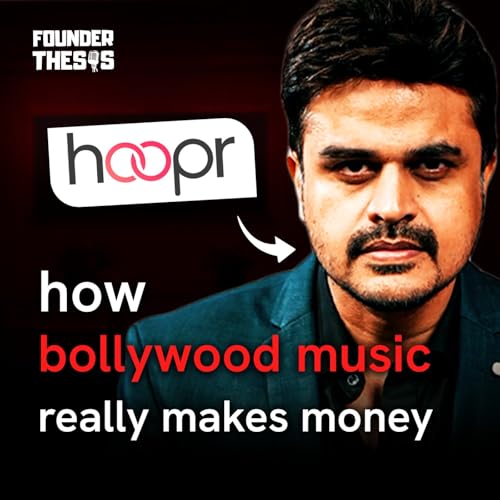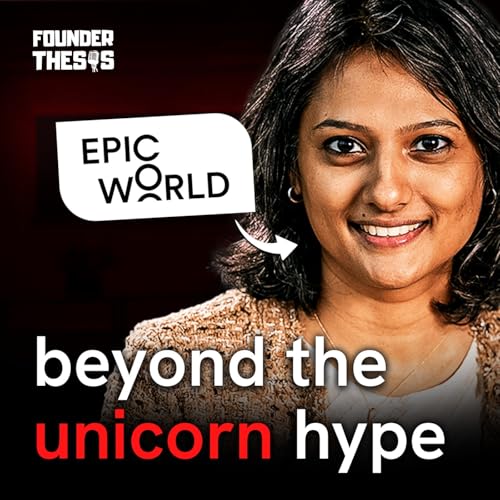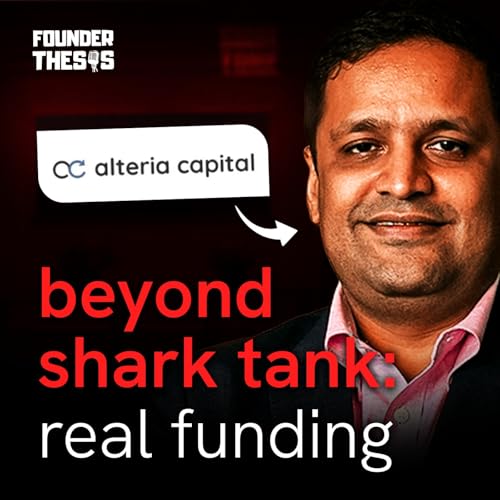How do you build a $100 million enterprise tech company - without raising a single dollar from venture capital?
In this episode, host Akshay Datt speaks to Rajesh Sinha, Founder of Fulcrum Digital and Culinary Digital, shares his remarkable story of scaling two global businesses to ~$100M ARR - fully bootstrapped.
From building a customer-funded SaaS + services hybrid model to leading the shift toward autonomous AI agents, Rajesh reveals his frameworks for disciplined growth, tech innovation, and global expansion.
He also unpacks how AI agents - powered by SLMs (Small Language Models), governed by secure enterprise frameworks, and orchestrated via Fulcrum's proprietary FT Rise platform - are set to reshape the future of business software.
Whether you're a startup founder, enterprise AI strategist, or services operator, this conversation is packed with insight on how to scale without capital, differentiate in crowded markets, and win in the age of AI.
Key Topics Covered:
👉How to bootstrap a $100M SaaS and digital services company
👉The evolution of Fulcrum through 5 tech eras: Web 1.0 → AI economy
👉Why vertical and horizontal AI agents are the future of work
👉How Fulcrum is using SLMs vs LLMs for cost-effective AI delivery
👉The mechanics of AI agent governance, pricing, and orchestration
👉Fulcrum’s global delivery model: India, Brazil, Argentina, and beyond
👉Navigating enterprise sales, customer concentration risk, and culture
👉Why Rajesh now sees the value of investors - but didn’t need them
#BootstrappedStartup #AIAgents #DigitalTransformation #TechEntrepreneur #StartupGrowth #CustomerFunding #IntelligenceAmplification #PlatformBusiness #EnterpriseAI #FounderThesis #TechServices #ScalingWithoutVC #AIStrategy #BusinessAutomation #TechLeadership #StartupPodcast #Entrepreneurship #SaaS #GlobalBusiness #techinnovation
Disclaimer: The views expressed are those of the speaker, not necessarily the channel
 1 hr and 34 mins
1 hr and 34 mins 2 hrs and 4 mins
2 hrs and 4 mins 2 hrs and 7 mins
2 hrs and 7 mins
 1 hr and 51 mins
1 hr and 51 mins 1 hr and 51 mins
1 hr and 51 mins Jul 18 20252 hrs and 2 mins
Jul 18 20252 hrs and 2 mins 2 hrs and 16 mins
2 hrs and 16 mins
